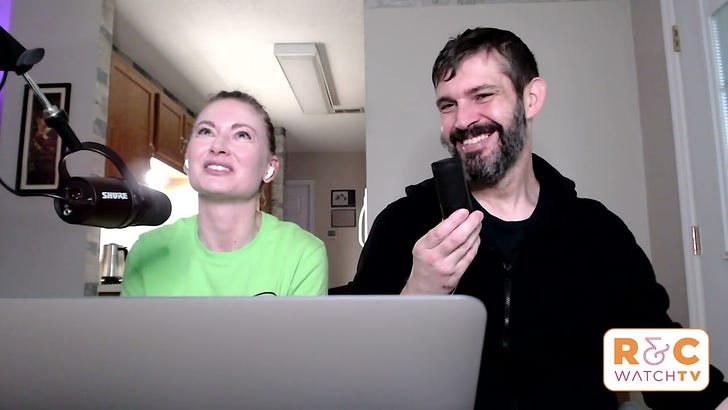Watch me read this:
I’m back on my decrim work bullshit. This time through an article by
on how South Carolina just passed a measure to prevent licensure boards from barring individuals with a criminal record from obtaining an occupational license.That licensure boards are barring convicts is actually a huge deal for economic growth, crime, and loneliness.
First, as I learned from Hannah’s article, nearly 30% of workers nationwide need a license to do their jobs. So this excludes workers from a huge number of jobs.
Second, it excludes a massive number of workers from employment. Approximately one in three US adults have a criminal record.
Barriers to employment for felons kept at least 1.7 million people out of the workforce in 2014 and cost the economy more than $78 billion. Up to a quarter of un-incarcerated Black men have felony convictions and non-white people are much more likely to have criminal records. The fact that more diverse teams outperform more homogeneous teams is another way hiring people with records boosts economic growth.
And, these licensure boards are actually increasing total crime rates by keeping convicts out of jobs because employment is one of the most effective ways to lower rates of recidivism.
Nearly half of US children have a parent with a record. People with convictions are far more likely to be unemployed, and earn lower wages when they do work. Childhood poverty is an Adverse Childhood Experience, associated with all kinds of lifelong negative outcomes like poverty, poor health, low educational attainment, and mental illness. The fact that these children are also more likely to commit crimes is another way barriers to employment create more crime.
You might argue that it makes sense for employers to not want to hire convicts. But it really doesn’t. First, wrongful convictions are frighteningly common. Second, millions of convictions in the US are for victimless crimes.
Third, research shows that if a convicted criminal doesn’t do any more crimes for four to seven years, their risk of recidivism is equal to the general population’s risk of arrest.
All that indicates that people with records could be great workers. But we don’t have to go on that. We actually know that they are. In one SHRM survey, 80% of managers said workers with criminal records bring just as much, or more, value to their organization as workers without a criminal record.
At John Hopkins Health Systems & Hospital, people with criminal backgrounds make up 5% of the workforce. Over a four-year period, their retention rate was 43% higher among fair chance employees versus employees without a criminal record.
Even if discriminating against convicts did make sense, the hiring managers should have the authority to make that decision. Especially since just 14% of HR pros say they won’t hire individuals with a criminal record.
I don’t want to hear one more employer whine about not being able to hire while 90% of them still use criminal records databases to screen candidates.
This is a recognized problem which has led 24 states to prevent employers from forcing people to disclose their criminal records on job applications. But evidence suggests that “ban the box” laws actually decrease young, low-skilled Black men’s likelihood of being employed by 5.1%. If employers can’t screen for criminal records, they just screen out Black men.
Refusing to license people with criminal records increases crime, unemployment, and childhood poverty while robbing the economy of much-needed growth. I think it makes sense for South Carolina to prevent licensure boards from doing this.
But the fact that they were doing it in the first place is just one more reason we need to rethink why we tolerate licensure laws in the first place. We already know that licensure doesn’t improve quality, health, or safety. We know it raises prices for consumers, limits competition, and exacerbates unemployment. And that unemployment has numerous and severe social costs, especially for men.
Sex and the State is a newsletter at the intersection of policy and people. Like it? Upgrade to a paid subscription, buy a guide, follow me on Twitter, support me on Patreon, or just share this post 🙏
~~~~~
This ⬇️ is an affiliate link! Sign up today to support me!
Join the reading revolution! Get key ideas from bestselling non-fiction books, distilled by experts into bitesize text and audio. Explore our vast library of over 5,500 titles and stay up-to-date with 40 new titles added each month.

















Share this post